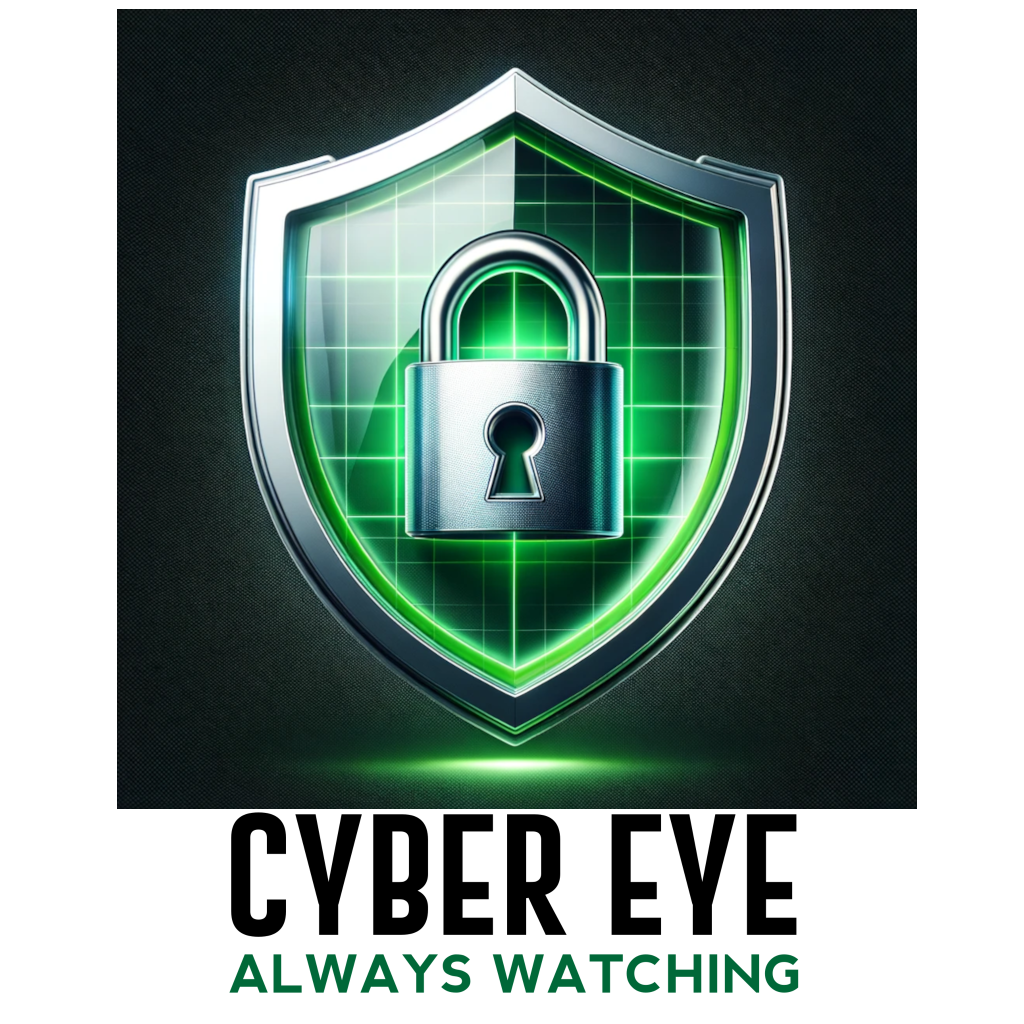The $100 Million Phone Call – Tale of the MGM Hack

In 2008, an Australian man received a $147,000 phone bill while traveling in Europe. It appeared his 12-year-old son was playing a game of “Tap, Tap, Revenge” on his iPhone the whole time. That was quite a bill, but it is peanuts compared to the 10-minute phone call to technical support that cost MGM Resorts close to $100 Million.
In September of 2023, a group of cyber hackers from the US and UK, ranging in age from 19-22 called Scattered Spider, used social engineering to take down many of the operations of the almost $34 Billion gambling giant. Cyber criminals went to the Linked-In social media page to find an employee that works in IT for MGM Resorts. A member of the State sponsored group named Scattered Spider called the MGM tech support team impersonating a hard-working IT employee that needed a password reset. After 10 minutes on the phone, the hackers owned that account. This was the cornerstone of the operation. If tech support verified who they were talking to prior to resetting the password, this attack may have been less damaging. The helpful tech support worker had an amygdala hijacking. The urgency to help took over the logical part of the brain that would have verified the caller.
Once in the network, they escalated their privileges (gained admin rights) and found their way into the most valuable computers. The computers were responsible for the hospitality applications used to run the hotels and casinos. The hacking group loaded ransomware on over 100 servers. One by one the ransomware encrypted the systems and the applications crashed. Hotel keys no longer worked. Slot machines were unavailable. Point-of-Sales systems (credit cards) were unable to take payments. Guests were not able to reserve rooms and check in or out. MGM saw operations in eight states affected by the intrusion.
Because MGM did not immediately pay the ransom, their systems were in a state of upheaval for 10 days. The losses from the disabled slot machines alone cost MGM an estimate of $5 Million a day. Some estimate a total loss of $8.4 Million per day. MGM Resorts International claimed the disruption in service caused a $100 Million loss in the third quarter results. Additionally, they spent another $10 Million on legal fees and technical consulting. As a result of the attack, their stock dropped $850 Million in market value. They have since recovered that loss. However, their biggest loss might be the damage to their reputation.
Just a week before, another casino giant, Caesars Entertainment, suffered a ransomware attack. In contrast they immediately negotiated the ransom from $30 to $15 Million and saw only minimal disruption. The bright side (if there was one) for both corporations was that they both carried excellent cybersecurity insurance policies which covered the cost.
There may be legitimate business reasons to pay the ransom, but it comes with an additional ethical price. The ransom you pay funds other elicit criminal activities like drug smuggling and human trafficking. We will save that discussion for another day.
Don’t think this only happens to huge corporations, it happens to small and medium sized companies every day in America. Employees need cybersecurity training, so they don’t fall for the kind of trick played on MGM. You need to have company policies in place to protect against impersonation. You need business plans such as Incident Response Plans and Contingency of Operation plans developed and ready in case of an attack or disaster.
Keep all that in mind for your business the next time you receive an unexpected call. What will this phone call really cost?
Original article in the Sierra Vista Herald found here:


